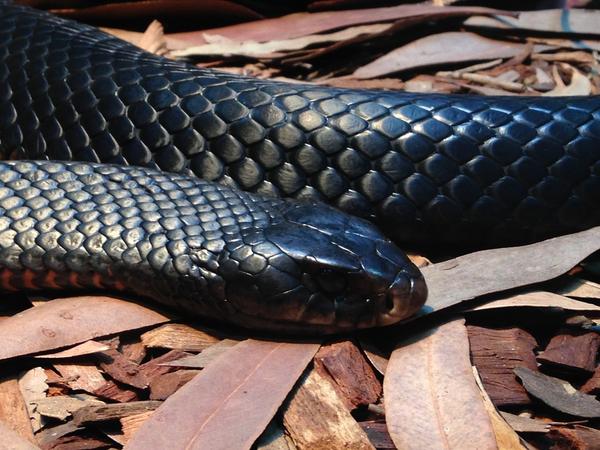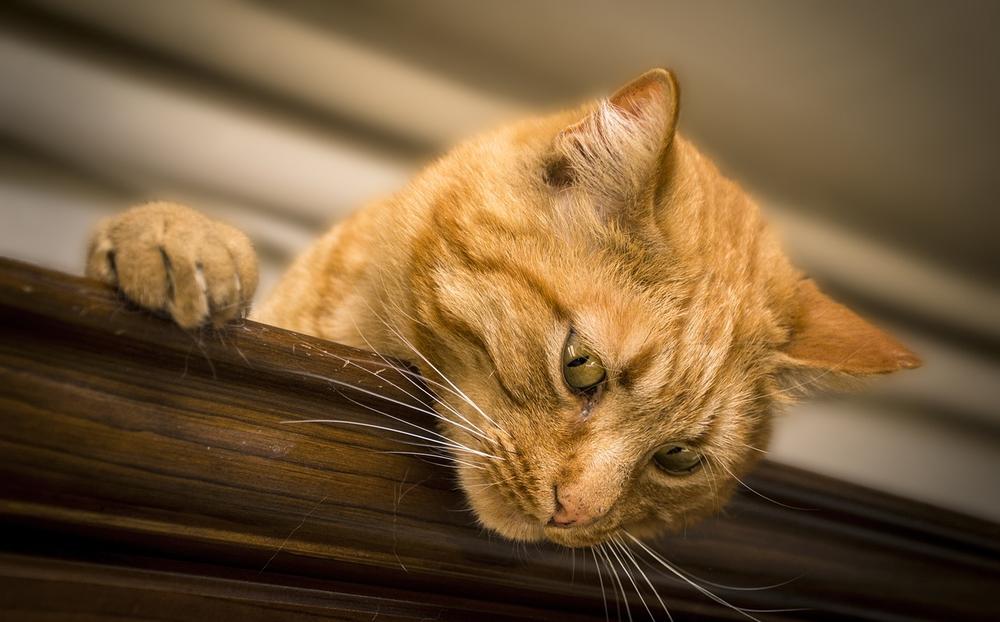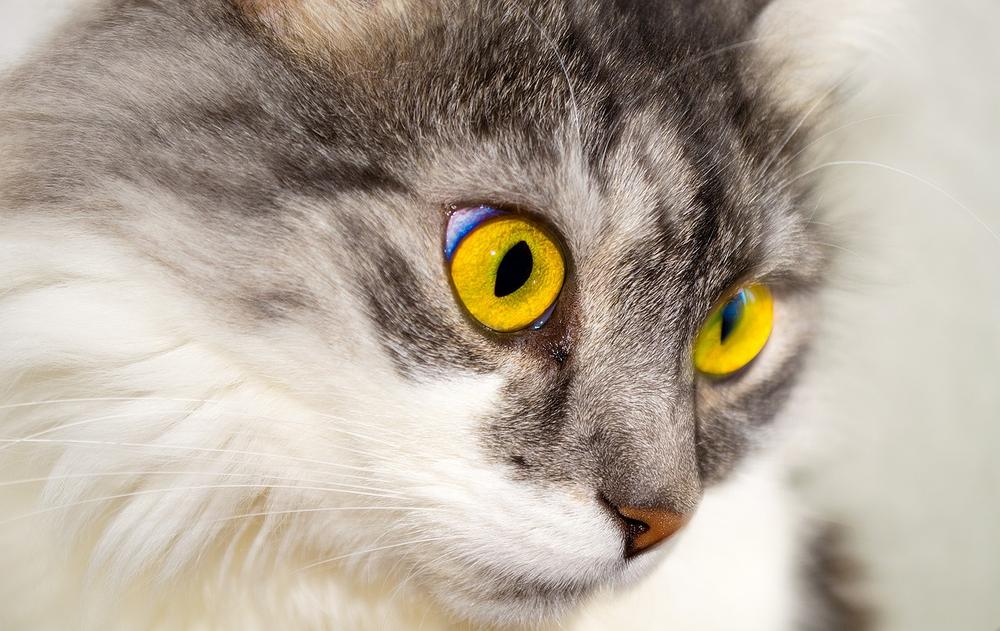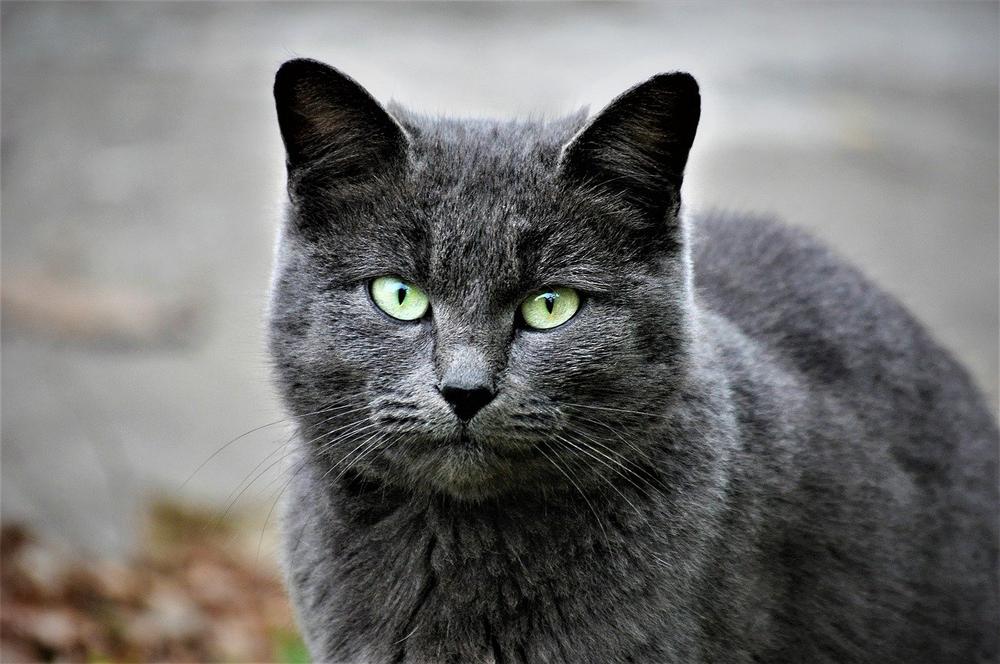Are Cats Immune to SNAKE VENOM? Dumb Myths vs. Reality

Do you feel that?
That creeping fear whenever your feline friend ventures too close to the slithering danger lurking in the grass? 😱
You're not alone.
The concern for your cat's safety around snakes is real.
But are cats immune to snake venom?
Keep reading to find out.
The Importance of Immediate Veterinary Attention for Snakebites on Cats
If your cat gets bitten by a snake, you need to get them to the vet right away.
Those bites are no joke and can actually be deadly.
Time is really important when it comes to treating snakebites on cats, so don't waste any.

Here's what you should bear in mind:
- You gotta get that antivenin into your cat as soon as possible. It'll help counteract the venom and save their life.
- Don't think indoor cats are safe from snakebites. Even if they stay inside, snakes can still sneak in and put your feline friend at risk. So, always be watchful.
- Snake venom can mess with your cat's blood clotting ability, which leads to internal bleeding. That's not good. So getting immediate veterinary care is crucial.
- Cats usually get bitten on their front legs by snakes, while dogs tend to get bitten on their face or nose. Knowing this helps you recognize the symptoms of a snakebite in cats.
- Some snakes, like rattlesnakes and copperheads, bite more than once and can hang out in colder areas during hibernation. This makes snakebites even scarier and requires urgent attention.
- Always leave the treatment of snakebites in cats to the professionals. They know what they're doing and will give your cat antivenin, fluids, oxygen, blood tests, and clean the wound properly.
Act fast and get the right treatment for your cat's snakebite.
It gives them a fighting chance to make it through.
So, be on the lookout and head straight to the vet if you suspect a snakebite on your furry buddy. 😺
Main points I'll expand upon further down this article:
- Cats have a higher survival rate than dogs when bitten by snakes.
- Dogs have a naturally faster clotting time, making them more vulnerable to snake venoms.
- Dog plasma reacts faster to venoms compared to cat or human plasma.
- Dogs show a more rapid onset of symptoms and lethal effects after snakebites compared to cats.
- Venom can have a quicker impact on dogs' plasma compared to cats or humans.
- The physiological response to snake venoms varies between cats, dogs, and humans.
- Staying still after being bitten increases the chance of survival for cats.
- Shortening grass around the home helps prevent snakes from hiding.
- Cats swat with their paws instead of investigating with their nose and mouth, reducing the risk of venom exposure.
- Cats are not immune to snake venom and can be affected by it.
Now, you might be intrigued to discover why cats have a higher survival rate than dogs when it comes to snakebites.
The answer lies in a combination of physiological and behavioral factors that provide felines with an advantage.
Let's dive deeper into the fascinating details behind cats' resilience against snake venom...
Comparing Cats' Resistance to Snake Venom With Other Animals
Cats are pretty tough creatures, you know. And when it comes to snake venom, they have an advantage over dogs.
Believe it or not, cats survive snake bites better than dogs do.
But we're not talking about any snake here. We're talking about the eastern brown snake, responsible for most snakebite cases in Australia.
Here's what makes cats special:
Their clotting time is slower compared to dogs.
What does that mean?
It means cats can resist snake venom better.
Isn't that cool?
Even without antivenom, cats have a 66 percent survival rate!
Dogs, on the other hand, only manage a measly 31 percent survival rate.
Quite a big difference, right?
So why is there such a gap?
It all comes down to clotting time. Dogs naturally clot faster, making it easier for snake venom to harm them.

And get this:
Tests show that dog plasma reacts quicker to snake venom than cat or human plasma.
Seems like dogs just attract trouble!
But wait, there's more.
It's not just about physiology.
Behavior plays a role too.
Dogs are more susceptible to venomous snake bites, bless their hearts.
Clinical records prove that dogs experience rapid symptoms and lethal effects after snakebites.
Cats, on the other hand, handle it better and suffer less.
These findings aren't limited to Australia. They apply worldwide.
So next time you encounter a snake, remember: cats are tougher than you think.
But here's the thing...
Cats' resistance to snake venom goes beyond just clotting time.
There are other factors at play that make them even less vulnerable than you might think.
Let me tell you all about it!
Understanding the Physiology of Cats' Resistance to Snake Venom
Cats' natural resistance to snake venom is attributed to their highly vascularized nose and mouth, which limits venom exposure. Additionally, cats' plasma efficiently handles venom, resulting in a slower impact. Understanding cats' unique physiology is crucial in recognizing their reduced vulnerability to snakebites compared to dogs and humans.
Cats and venomous snake bites.
Let me tell you, cats have quite the advantage.
But first, a little biology lesson.
Unlike dogs or humans, cats are less likely to investigate snakes.
Their nose and mouth are highly vascularized which actually helps limit their exposure to venom.
And check this out...
When it comes to venom impact, cats' plasma can handle venom better and more efficiently than dogs or humans.
This means venom takes a slower toll on cats.
Bottom line?
Owners need to understand that cats have a natural resistance to snake venom. Dogs, not so much. It's all in the physiology, my friends!

Paws up! 🐾
Now you know why cats are less vulnerable to venomous snakebites compared to dogs and humans.
Alright, I see you're worried about potential risks venomous snakes pose for your feline companions.
And hey, it's good to be cautious.
Cats have built-in defense mechanisms.
It's in their very nature.
But stay alert and keep an eye on those curious kitties when they venture out into snake territory. Stay safe, folks!
And let me tell you, there's even more fascinating information about how cats can protect themselves against snake venom!
A combination of inherent behaviors and environmental awareness play a crucial role in their survival.
Wanna know the secrets?
I'll give you an inside look at the smart strategies that cats employ to stay safe from those slithery dangers!
Cats' Natural Defense Mechanisms Against Snakes
To help your cats defend themselves against snakes, here's what you can do:
- If your cat gets bitten, don't panic and stay still. This may sound counterintuitive, but trust me on this one. Staying still slows down the venom from spreading and gives your furry friend a better chance of survival.
- Take some time to trim that grass around your house. It might not seem like a big deal, but shortening the grass is actually a smart move. Snakes love hiding in tall grass, so cutting it down will make it harder for them to sneak up on your cats. You're basically creating a snake-free zone!
- Cats are naturally curious creatures, we all know that. But when it comes to snakes, it's best they resist the urge to investigate with their nose and mouth. You see, their highly vascularized sniffer can easily lead to trouble. So, remind your feline friends to keep their distance and avoid any risky encounters.
- Swatting, my friend. That's the ticket. Unlike dogs, cats have this cool behavior where they swipe at things instead of getting up close and personal. Encourage your kitties to stick to their swatting ways. It's a safer approach that reduces the chances of getting a nasty bite from a venomous serpent.
Remember these simple tips, my friend, and you'll be helping your cats become snake-fighting champions.
They'll be well-prepared to handle any unexpected slithery situation that comes their way.
And hey, nobody wants unnecessary risks, right?
And hey, since we're on the topic of keeping our cats safe, there's one area that often raises curiosity amongst pet owners.
I highly recommend checking out my article, Can Cats Drink Beer, where I address the concerns and potential dangers of cats consuming alcoholic beverages.
Are There Any Exceptions to Cats' Immunity to Snake Venom?
Cats, unlike other animals, possess certain physiological traits that make them less vulnerable to snake venom.
While cats can still become intoxicated and experience adverse effects, they generally have a higher resistance to the substance. A cat's liver efficiently metabolizes toxins, which aids in neutralizing venom and reducing its impact on the body.
On top of that, cats possess faster blood clotting abilities, limiting the spread of venom throughout their system.
However, you ought to remember that while cats may be relatively resistant to snake venom, they are not immune.
Snake bites should always be taken seriously and immediate veterinary attention sought for the safety and well-being of your feline companion.
And that wraps up today's article.
If you wish to read more of my useful articles, I recommend you check out some of these: Can Cats Sense Illness in Humans, Is Zz Plant Toxic to Cats, Are Boston Ferns Poisonous to Cats, and Cat Weighted Blanket
Talk soon,
-Sarah Davis